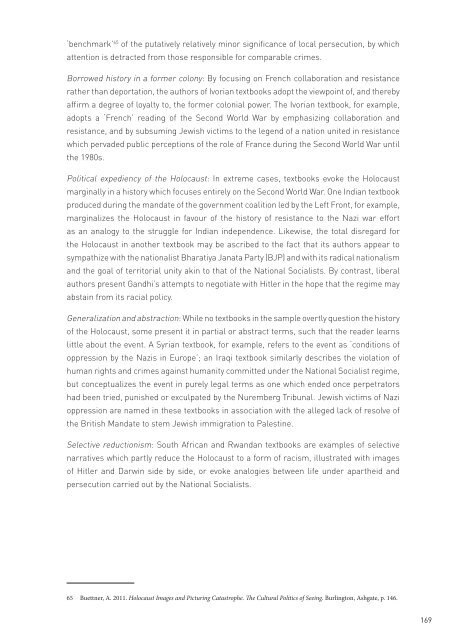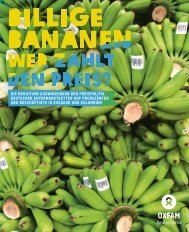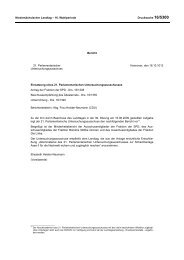228776e
228776e
228776e
Create successful ePaper yourself
Turn your PDF publications into a flip-book with our unique Google optimized e-Paper software.
‘benchmark’ 65 of the putatively relatively minor significance of local persecution, by which<br />
attention is detracted from those responsible for comparable crimes.<br />
Borrowed history in a former colony: By focusing on French collaboration and resistance<br />
rather than deportation, the authors of Ivorian textbooks adopt the viewpoint of, and thereby<br />
affirm a degree of loyalty to, the former colonial power. The Ivorian textbook, for example,<br />
adopts a ‘French’ reading of the Second World War by emphasizing collaboration and<br />
resistance, and by subsuming Jewish victims to the legend of a nation united in resistance<br />
which pervaded public perceptions of the role of France during the Second World War until<br />
the 1980s.<br />
Political expediency of the Holocaust: In extreme cases, textbooks evoke the Holocaust<br />
marginally in a history which focuses entirely on the Second World War. One Indian textbook<br />
produced during the mandate of the government coalition led by the Left Front, for example,<br />
marginalizes the Holocaust in favour of the history of resistance to the Nazi war effort<br />
as an analogy to the struggle for Indian independence. Likewise, the total disregard for<br />
the Holocaust in another textbook may be ascribed to the fact that its authors appear to<br />
sympathize with the nationalist Bharatiya Janata Party (BJP) and with its radical nationalism<br />
and the goal of territorial unity akin to that of the National Socialists. By contrast, liberal<br />
authors present Gandhi’s attempts to negotiate with Hitler in the hope that the regime may<br />
abstain from its racial policy.<br />
Generalization and abstraction: While no textbooks in the sample overtly question the history<br />
of the Holocaust, some present it in partial or abstract terms, such that the reader learns<br />
little about the event. A Syrian textbook, for example, refers to the event as ‘conditions of<br />
oppression by the Nazis in Europe’; an Iraqi textbook similarly describes the violation of<br />
human rights and crimes against humanity committed under the National Socialist regime,<br />
but conceptualizes the event in purely legal terms as one which ended once perpetrators<br />
had been tried, punished or exculpated by the Nuremberg Tribunal. Jewish victims of Nazi<br />
oppression are named in these textbooks in association with the alleged lack of resolve of<br />
the British Mandate to stem Jewish immigration to Palestine.<br />
Selective reductionism: South African and Rwandan textbooks are examples of selective<br />
narratives which partly reduce the Holocaust to a form of racism, illustrated with images<br />
of Hitler and Darwin side by side, or evoke analogies between life under apartheid and<br />
persecution carried out by the National Socialists.<br />
65 Buettner, A. 2011. Holocaust Images and Picturing Catastrophe. The Cultural Politics of Seeing. Burlington, Ashgate, p. 146.<br />
169




